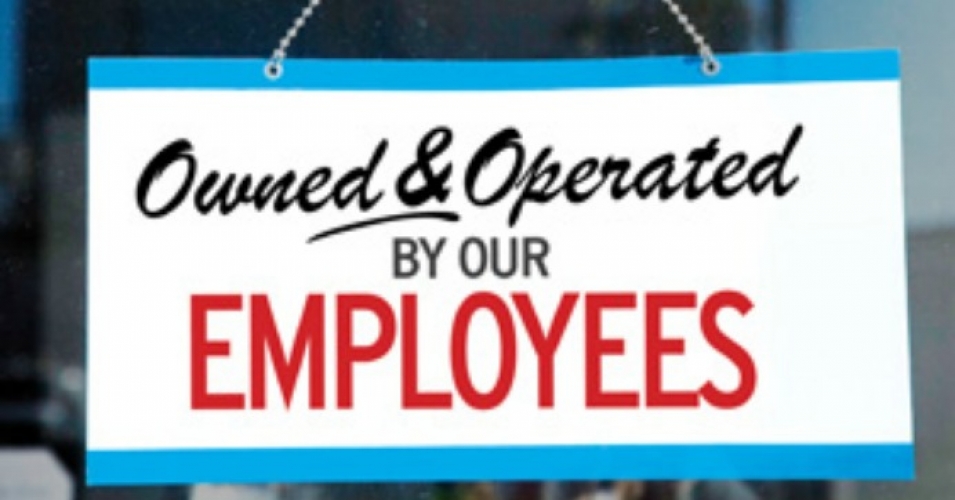
As it appeared in the Daily Nation on June 30th 2020
Dr Lucy Kiruthu
Do you own a share of the company where you work? If the company where you work is traded publicly at the Nairobi Securities Exchange, have you bought its shares? If the company’s shares are privately held, are you one of its shareholders? The idea that employees can own the companies where they work is not too foreign. Locally, I know of a few companies that provide their employees with share ownership. Some are startups that offer all their employees share options from inception. Others are large well-established companies that offer their senior managers share options, have stock-based compensation schemes or match employees share purchase. Is it likely that employees’ ownership in companies is the future?
I believe that employees owned companies are becoming more and more attractive to employees and even to employers. One of the largest employed owned companies is Publix Super Markets headquartered in Lakeland, Florida. Present and past employees, as well as family members of its founder, own the company. The retailer that prides itself with making shopping a pleasure has over 200,000 employees who are also shareholders. In Kenya, companies with employee share ownership plans (ESOP) include KCB Group, Equity bank, EABL, Safaricom, KWFT among others. In most such companies, the share options come with particular restrictions. A company such as Centum is also well known for its stock-based compensation schemes. Does your company have an employees’ ownership scheme?
Employee stock or share ownership plans (ESOPs) are aimed at holding on to employees and motivating them to do their best. ESOPs hold shares in the company and are managed and governed by trustees and the employees hold units in the trust. When employees feel like owners, it is expected that they would have the best interest of the company at heart.
For example, it is expected that they would be more responsible, deliver on their performance targets and look out for the good of the business. Despite this, many small and medium-sized businesses in Kenya have not yet considered employee ownership as one path to sustainability. Many are probably not even aware that such a concept exists. If you are a business owner, would you be will to make your employees part owners?
Many companies are likely to consider extending company ownership not only to shareholders but also to employees in the near future. This presents both advantages and disadvantages to the current business owners. For many business owners that I have spoken to about employees’ ownership, loss of control seems to be their greatest fear. For others, the find the ESOPs process too complicated. Could it be that there is simply a lack of understanding? The legal and administrative aspects of ESOPs are certainly not straightforward. The main advantage I believe is that your best employees are likely to stay on for longer if they own part of the business. In case you want to be an employee-owned company, start the journey today.
Dr Lucy Kiruthu is a Management Consultant and Trainer. Connect via twitter @KiruthuLucy









